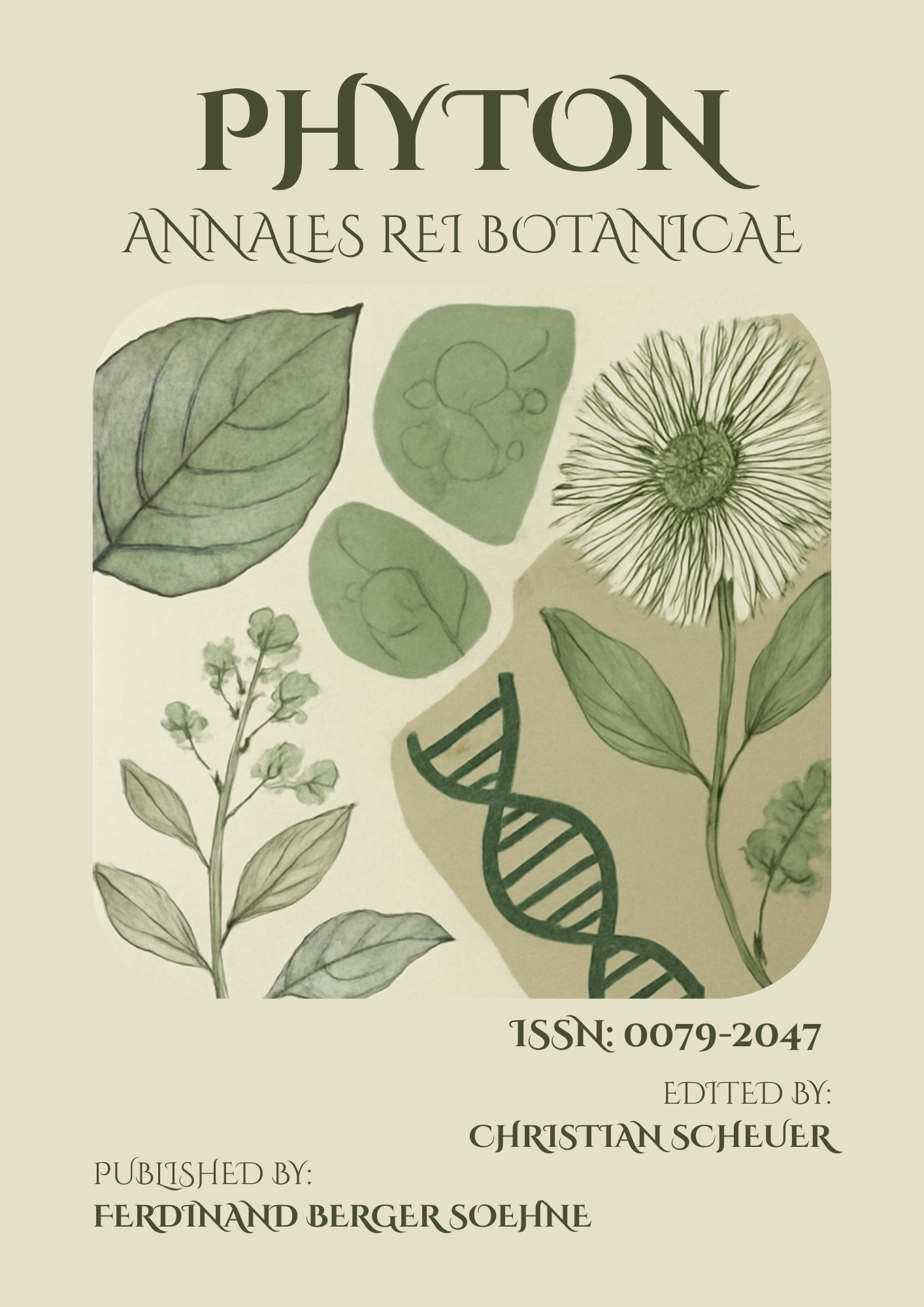Impact of Agricultural Pesticides on Amphibian Developmental Stages
DOI:
https://doi.org/10.64526/phyton-annales.v65i1.108Keywords:
Amphibians; Developmental stages; Agricultural pesticides; Embryonic development; Larval growthAbstract
Among the vertebrates, amphibians are particularly susceptible to chemical contamination from farming due to their ecological sensitivity, aquatic-terrestrial life cycles, and porous skin. the effects of pesticides used in agriculture on the life cycle of amphibians, particularly during the metamorphic, embryonic, and larval stages—all of which are vital for the survival of the species. Exposure to pesticides, even at sublethal concentrations, interferes with normal development and growth, delaying hatching, reducing survival rates, causing morphological abnormalities, and hindering metamorphosis, according to field observations and controlled laboratory research. Herbicides like atrazine influence hormone control, leading to aberrant gonadal differentiation and skewed sex ratios, while organophosphates, carbamates, and neonicotinoids disrupt brain and endocrine functioning. Pesticides cause an increase in mortality risk in larval stages by reducing feeding efficiency, immunological responses, and predator avoidance behaviors. Furthermore, environmental stresses including temperature changes, habitat fragmentation, and disease prevalence, in addition to the synergistic effects of pesticide combinations, worsen developmental abnormalities.
Downloads
Published
How to Cite
Issue
Section
License
Copyright (c) 2025 PHYTON-ANNALES REI BOTANICAE

This work is licensed under a Creative Commons Attribution-NonCommercial-ShareAlike 4.0 International License.
This article is published under the terms of the Creative Commons Attribution-NonCommercial-ShareAlike 4.0 International License (CC BY-NC-SA 4.0). Readers may share and adapt the material for non-commercial purposes, provided appropriate credit is given and adaptations are shared under the same license.



